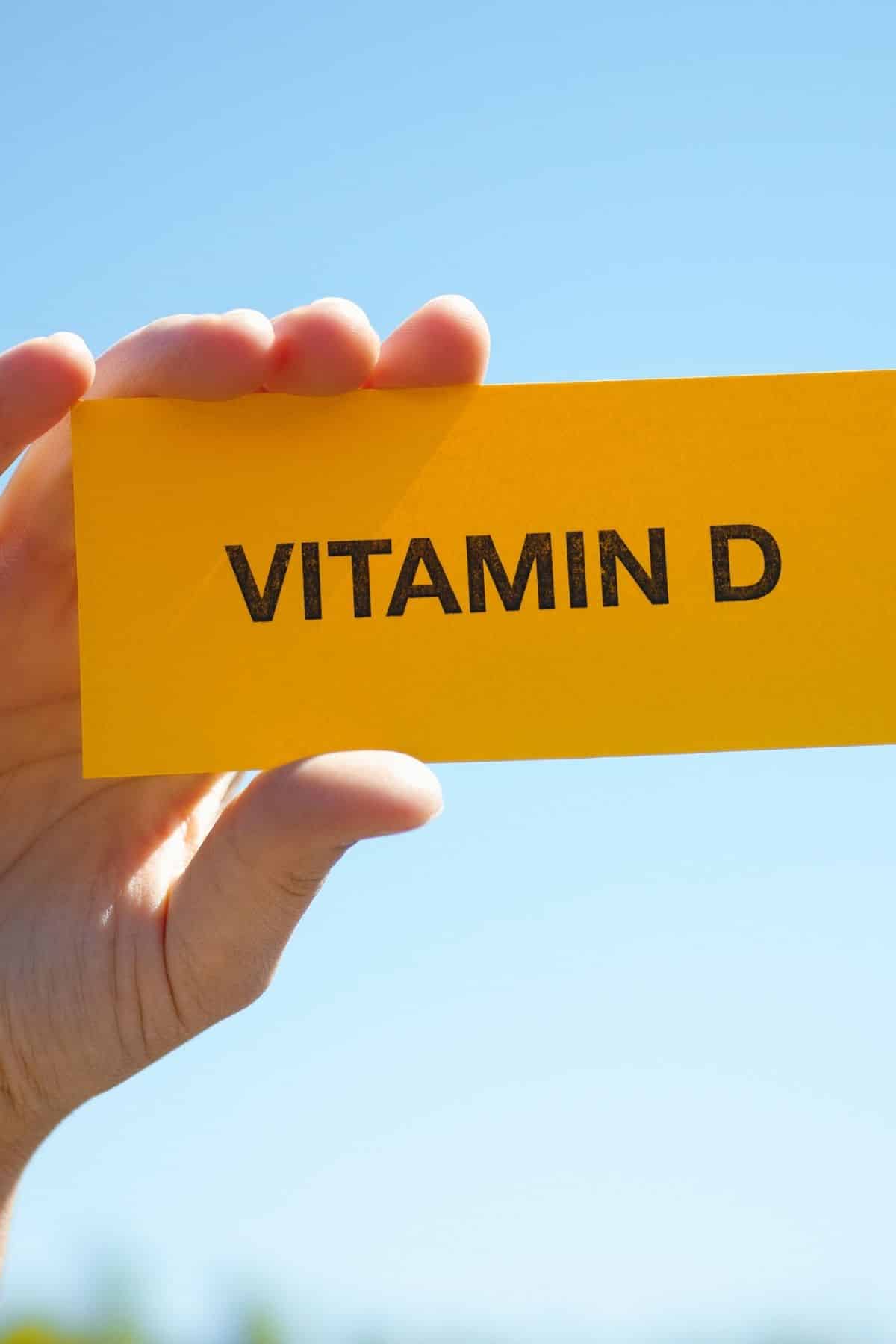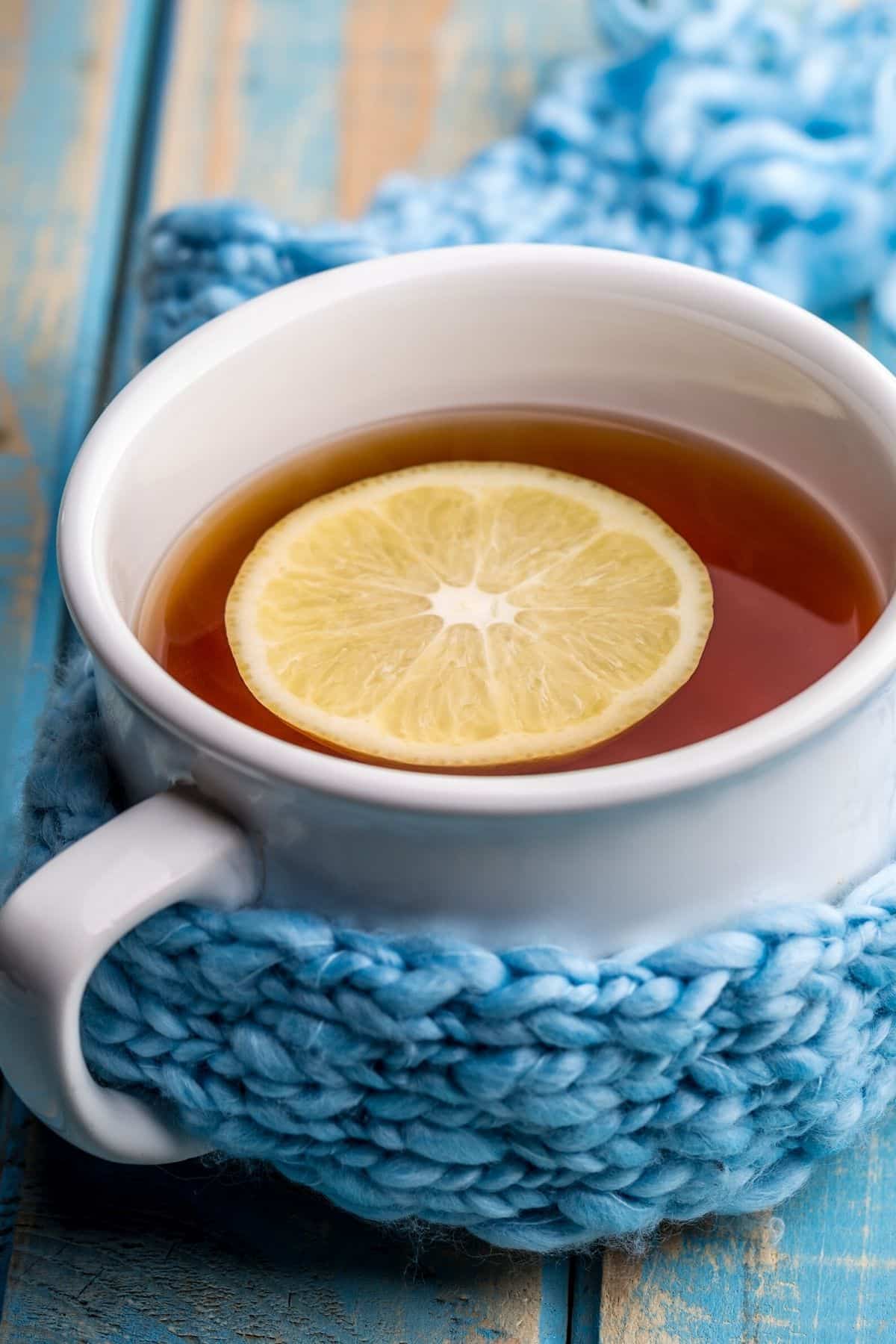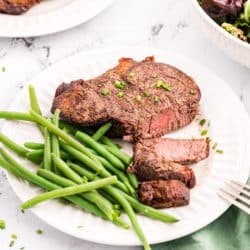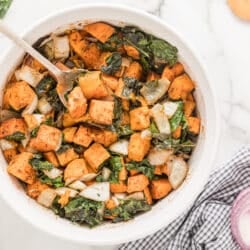How to Boost Your Immune System Naturally When Sick
When you’re feeling sick, your immune system is working hard to fight off the infection. There are things you can do to help it along, including eating nutritious foods, getting plenty of rest and taking targeted supplements. This post includes supplement recommendations and lifestyle tips to help boost the immune system when you’re sick.

When you get a cold virus such as an upper respiratory tract infection, your body’s immune system goes to work to try to fight it off. You may experience symptoms such as a runny nose, cough, sore throat and fever.
Every year, most adults in the United States get between 2-3 cold viruses, even with a healthy immune system. Children get them even more often. There’s no cure for the common cold and it can cause you to miss work or school for several days or even longer.
That’s why it’s so important to take action quickly when you feel like you’re coming down with something. This can include taking certain supplements, getting enough sleep, and practicing other healthy lifestyle tips that will support your immune system and your body’s ability to heal quickly.
As always, be sure to consult your healthcare provider before making any changes to your supplement routine.
Immune-Boosting Supplements
It’s not a bad idea to have some extra supplements on hand during flu season to help boost your immune system if you think you’ve gotten sick.
While every situation is different, there is decent scientific research showing the effectiveness of the following nutrients in either reducing the incidence of getting sick, or shortening the duration of a cold virus.
While you can get all of these helpful essential nutrients from real foods and a healthy diet, it can be hard to get the required dosages that are needed to actually boost immune function.
In this way, certain vitamins and herbs can play an important role in our immune health. Here are some of the best to consider!
1. Vitamin D

Vitamin D is one of the most important nutrients for the immune system, not to mention for many other functions in the body.
Research shows that vitamin D does have benefits to help prevent and treat infections.
While it’s agreed that most Americans are deficient in vitamin D and could benefit from taking a daily supplement, it’s also important to have your levels tested a few times a year.
Some research shows that mega-doses of Vitamin D can be effective in resolving symptoms of influenza quickly.
2. Zinc

Zinc is a mineral that works in the body to support the immune system. There is conclusive evidence that zinc supplementation can help shorten the duration of a cold virus.
The ideal way to take zinc is at the first sign of a getting sick with a cold, so it might make sense to keep it on hand just in case.
Some practitioners prefer a zinc lozenge or syrup, with the idea that the zinc can come in direct contact with the virus. However, a zinc capsule or supplement can work just as well.
3. Elderberry

Elderberry is a dark, purple berry that comes from the Sambucus tree. Elderberry has a long history of usage in the treatment of colds, flu, and other viral infections.
There is decent research that shows the effectiveness of using elderberry to boost the immune system and to shorten the duration of symptoms once you’re sick. Elderberry is also a good source of other helpful cold-fighting vitamins and minerals including vitamin C and zinc.
You’ve probably seen elderberry syrup at the store or farmers’ market. Syrup is the most common way that elderberry supplements are packaged, but you can also find capsules if you prefer.
4. Vitamin C

One of the reasons its important to eat fruit and vegetables daily is to get the required amount of vitamin C we need to have our immune systems (and other body functions) work properly.
See my related list of foods to eat daily to be healthy.
Some healthcare practitioners also believe that taking a mega-dose of vitamin C at the onset of cold symptoms might help the body fight it off.
There is some evidence that taking a mega-dose of vitamin C might help prevent and shorten a cold. Doses of vitamin C over 1,000 mg can cause stomach upset, though, and it’s not recommended to take mega-doses for a long time, unless advised by a doctor.
Citrus fruits are most often associated with vitamin C, but it can also be found in a variety of fruits like kiwi and strawberries, plus foods like red bell peppers and cruciferous vegetables like broccoli.
5. Echinacea

Echinacea is an herbal treatment that has medicinal value in boosting the immune system. The research around this herb shows more evidence for cold prevention than shortening a cold’s duration once you’re sick.
So, it may be more helpful to take echinacea during cold season, rather than waiting until you get sick. Please check with your healthcare provider to make sure this one is appropriate for you.
Another way to take echinacea and benefit from its cold prevention properties is to take it a few days before an event where you might be exposed to the cold virus, such as going on an airplane.
One study also showed that there may be benefits in boosting the immune system if the dosage of echinacea is increased after you get sick.
Other Holistic & Lifestyle Tips
Supplements can help boost immunity when you’re sick, but there are some other lifestyle and nutrition tips that can help too.
The key is to remember that you’re body is doing it’s very best to fight off the virus, so it’s your job to support your body’s natural healing capabilities.
1. Take Time to Rest

The most obvious lifestyle choice you can make to aid your immune system is to rest.
Even if you have to miss work or school, cancel an appointment, or re-schedule something you’ve planned, it’s the best thing you can do for yourself and others.
When you’re home sick, don’t spend the whole day working or catching up on chores. Give yourself permission to snuggle up on the sofa and relax. When you’re sleepy, take a nap. Go to bed early when you’re sick and let your body do the hard work of getting you better quickly.
Try to get adequate sleep including at least 7-9 hours of sleep. You may need a lot more as you recover, so give your body that time.
As far as exercise goes, a short, gentle walk is okay, as long as you are feeling well enough. You can also spend a few minutes doing gentle stretches or yoga if you want some light activity.
It’s not recommended to go to the gym or do any kind of moderate to intense exercise when you’re fighting a cold. Your immune system is already working very hard, so it’s your job to rest.
2. Hydrate & Nourish

Most cold viruses result in a stuffy nose, and all of the that mucus being expelled through nose-blowing can lead to dehydration.
You’ll help the process of healing along if you eat and drink foods and beverages that are nourishing and hydrating.
Soups, smoothies, and stews are good options, along with tea, mineral water, and fresh vegetable juices.
You might also want to check out my Citrus Ginger Shot or Turmeric Shot recipes.
3. Limit Cold Medications
It’s tempting when you’re sick to pop a cold pill and not slow down.
But, you should know that over-the-counter cold medicine will not shorten the duration of your cold. In fact, it might make it worse because you’ll think you’re feeling better and might overdo it.
Read more about the potential dangers of cold medicines.
FAQs
Try the supplements and lifestyle interventions listed in this post. Most importantly, get plenty of rest and check with your doctor if your symptoms get serious. You may also want to focus on limiting chronic stress, following a well-balanced diet, and limiting alcohol consumption, especially when you’re not feeling well.
There isn’t just one. The body is a complex organism that is influenced by a variety of factors. Vitamin C, zinc, echinacea, elderberry, and vitamin D all support a healthy and strong immune system.
More Helpful Health Articles You Might Like
Conclusions
This article summarizes several of the best supplements to consider taking to help shorten the duration of a cold virus. This article also includes some helpful lifestyle tips to help boost the immune system and help you feel better fast.
Don’t forget to join my newsletter list to get exclusive clean eating recipes and tips. The newsletter is 100% free with no spam; unsubscribe anytime.
About the Author: Carrie Forrest has a master’s degree in public health with a specialty in nutrition and is studying to be a holistic nutritionist. She is a top wellness and food blogger with over 5 million annual visitors to her site. Carrie has an incredible story of recovery from chronic illness and is passionate about helping other women transform their health. Send her a message through her contact form.
Note: this post is for informational purposes only and is not intended as medical advice. Please consult your healthcare provider for recommendations related to your individual situation.





















Great tips, thank you so much for sharing! Very much needed at this time of year… I always go for zinc when I feel a cold coming on – this time of year I eat zinc every day and then double the dose if I start to feel sick. Then I take a sleeping pill (to be able to get more hours of sleep than usual, I’m not very good at sleeping…) and go to bed. Most of the time this works like a charm and I feel 100% well the next morning!
Such fantastic advice! I’m all about holistic methods of healing. I’ve taken quite a few of the supplements you mentioned, I also like taking Royal Jelly to boost my immune system as well!
-Madi xo
These are amazing tips! I am just getting over a cold so I am going to go grab all of these supplements!
This is a great post. I’m a big fan of zinc. As soon as I start feeling under the weather the zinc comes out.